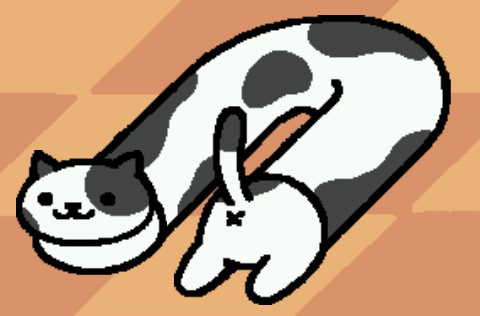I do, because I care about people who may not have the ability to recognize satire for any number of reasons (neurodivergence being one)
In most cases they tend to be nicer people than ones who say the tag is unnecessary, anyway
I try to avoid it and be obvious in how I phrase stuff. Though sometimes I can’t find the right words to make the sarcasm clear that would be obvious in my voice so that’s when I do add a tag.
Yeah. I’m autistic and so sarcasm can be hard for me to read/express in person, let alone in text form.
I don’t think it ruins the joke nor does it bother me. If it helps people see the joke it’s fine. Also it’s probably useful for those who have a hard time understanding others, like people with autism.
Here is the general guideline for when you need to use a sarcasm tag:
If your comment could be plausibly stated as genuine instead of sarcastic by someone reading your comment, then your comment needs to be denoted as sarcastic.
This is to say, if you’re in a group chat with your friends and all of them are like-minded, then typing something sarcastic probably doesn’t need a sarcasm tag, since no one in the group chat would plausibly type that comment as genuine. However, if you’re in a more-or-less public forum and you type something sarcastically, it becomes far more likely that your comment could be typed out as a genuine stance instead of a sarcastic one, and therefore it is wise to make it clear that you are not one of those people.
It is possible, even in 2023, to craft a comment that is so obviously sarcastic that it does not need a sarcasm tag even when posted in public, but this is pretty rare-- most people are typing stuff that could easily be typed genuinely.
Stop caring about upvotes/downvotes. It’s useless points anyway.
This is a very short story about sarcasm:
Ted opposes racist rants.
Yesterday - Ted posted a few exaggerated racist rants (sometimes with the /s).
2,177 people saw Ted’s racist rants.
-
50% of them guessed he was joking.
-
98% of them would not have seen a racist rant yesterday, if it weren’t for Ted’s little gag.
So the question is:
Despite the sarcasm… isn’t Ted just spreading more of what he honestly deplores?
Is Ted subverting his own integrity?
Why not say how we actually feel?
i think there’s merit to sarcasm depending how it’s done. satire can be a powerful tool to poke holes into ideas.
but like many things in life, you need tact and a bit of self awareness
I agree, there is a time for purposeful sarcasm.
To me, it requires two conditions:
-
A person has already expressed their real perspective to a specific ‘opponent’, and
-
That specific opponent cannot see the hole in their own logic.
This Norm MacDonald radio clip is a good example.
He explains his true perspective, and only switches to sarcasm for one sentence (at 5:25), to show the opponent how she is being goofy [and it works].
His foundation of sincerity gives context to the sarcasm.
Conversely - nowadays - a common ‘communication style’ is to just spray aimless sarcasm at distant or imaginary foes,
which (to me) reflects a deeper cultural issue…
a hiding behind mockery, a suppression of real constructive bravery,
just dunking on one-dimensional charicatures of strangers (who might not actually exist).
[So I agree with you - there are times for purposeful sarcasm.]
-
-
The downvoting is part of the joke (:







